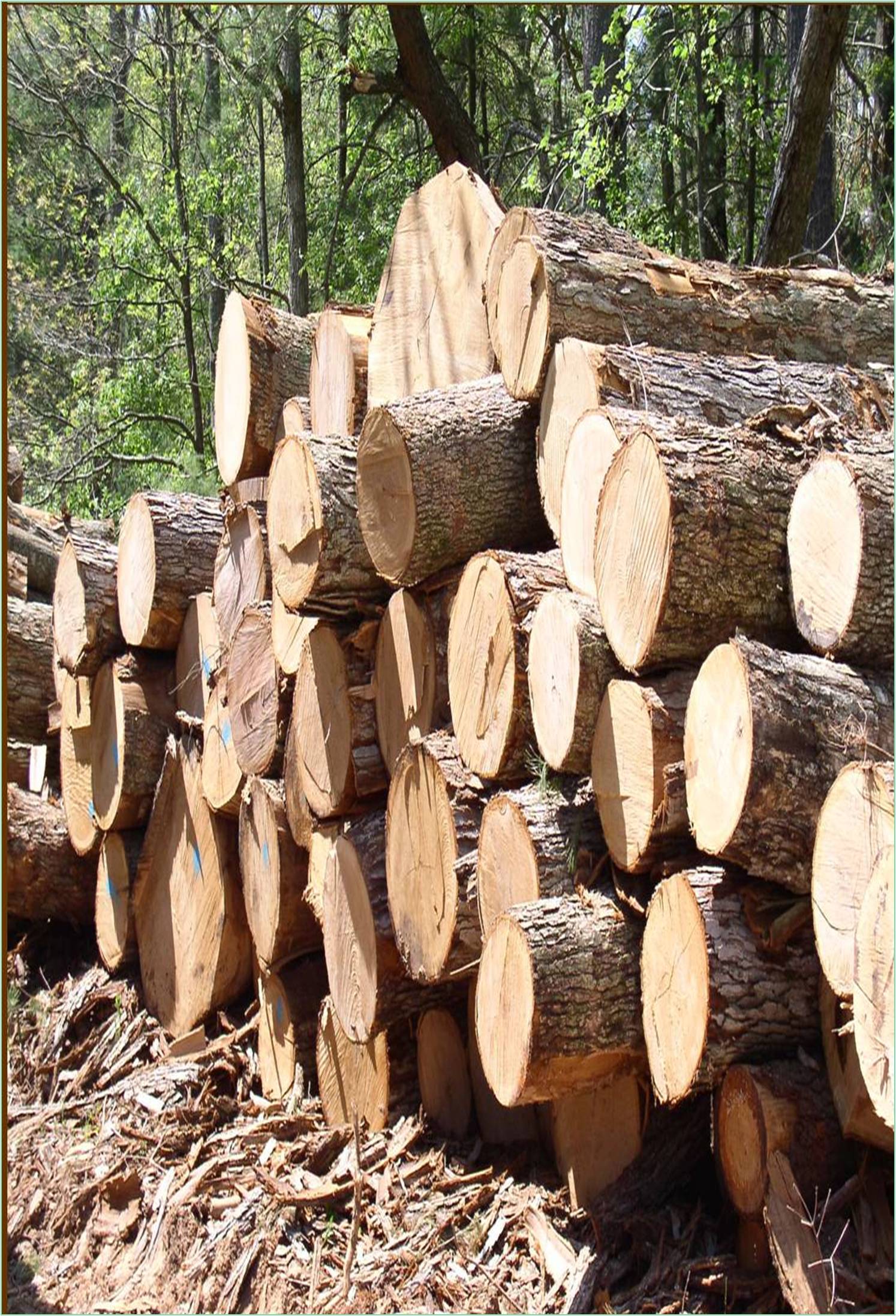



Received: 01-Apr-2022, Manuscript No. GJWSFW-22-64247; Editor assigned: 05-Apr-2022, Pre QC No. GJWSFW-22-64247 (PQ); Reviewed: 20-Apr-2022, QC No. GJWSFW-22-64247; Revised: 28-Apr-2022, Manuscript No. GJWSFW-22-64247 (R); Published: 06-May-2022, DOI: 10.15651/2449-1780.22.10.003
Pollution, global warming, ozone depletion, acid rain, depletion of natural resources, overcrowding, waste disposal, deforestation, and biodiversity loss are all factors that contribute to global environment. The importance of major global environmental challenges is highlighted to explanations of the evolution of the earth's natural systems (hydrosphere, biosphere, geosphere, and ecosphere) are crucial for understanding scientific concepts, processes, and the historical context of environmental challenges and as well as current economic, cultural, and political aspects. The impact of humans on the natural environment, as well as the importance of biodiversity preservation.
Environmental pollution is increasing gradually and causing a serious impact on living organisms including humans. It can be reduced by microorganisms or plants that have biosynthetic pathways for the degradation or accumulation of environmental pollutants from soil and water. Lack of genetic components in natural microorganisms or plants lessens their ability to degrade or accumulate pollutants and hence is currently released at high rates.
Air pollution has a number of effects on crops and trees. Ground-level ozone can diminish agricultural crop and commercial forest yields, reduced growth and survivability of tree seedlings, and increased plant susceptibility and other environmental challenges (such as harsh weather). Ecosystem protection conservation practices to save the environment are an ecosystem. Start composting, conserve energy. Make smart food choices, try eco-friendly products, eco-friendly packaging, recycle to reduce waste, up cycling to create new goods.
Global warming is the progressive rise in temperature of the atmosphere, soil, water, and vegetative cover on earth's surface year by year, with the "greenhouse effect" as a significant cause due to emissions of Green House Gases (GHG) such as carbon dioxide (CO2), methane (CH4), and nitrous oxide (NOx) (N2O). GHG absorbs the outward long-wave radiation emitted by the earth on the one hand, but has no resistance to the sun's inward shortwave radiation on the other, causing temperature rises in the earth's surface and lower atmosphere and resulting in global warming. Carbon dioxide is the GHG that contributes the most to global warming, accounting for more than half of all GHGs. The concentration of carbon dioxide in the atmosphere was stable at 270–290 ppm for a long time before the industrial revolution.
Pollution issues such as air quality, water pollution, soil pollution, marine litter and microplastics, chemicals, and waste. With the goal of promoting rapid action, enhancing capacity to combat pollution, and achieving the sustainable development goals, an Implementation plan was developed that cut across all of these resolutions. The plan has been warmly received by the environment Assembly, which sees it as a critical instrument for swift implementation. All member states and key stakeholders have been encouraged to contribute to its effective implementation. The pew centre’s report "ecosystems and global climate change" is the fifth in a series of publications looking at the potential effects of climate change on the environment. It discusses the very probable prospect that global warming may compromise the integrity of many of the terrestrial ecosystems on ecosystems on which we depend. Climate change is predicted to influence ecosystem composition and function, or the types of organisms that make up an ecosystem and how energy and materials flow through them and the amount and quantity of the various goods and services ecosystems provide.